16th International Congress for Eighteenth-Century Studies
Antiquity and the Shaping of the Future in the Age of Enlightenment
Rome, 3-7 July 2023
The 2023 ISECS conference focused on a dialogue between antiquity and the Enlightenment era. In the ‘Long’ Eighteenth Century, the relationship between antiquity and Enlightenment thought was re-negotiated, including a modernisation of the foundations of knowledge, thus also changing the perception of its limits and strategies of coping with non-knowledge. Our panel took this endeavour one step further. Being interested in the contemporary public, scientific, and cultural discourses produced about non-knowledge, in particular in their evocations, comparisons, as well as positionings of continuity and difference to discourses in the eighteenth century, we traced the affordances of Enlightenment thinkers for contemporary discourses about non-knowledge and learned from the eighteenth-century negotiation of non-knowledge, undertaken not seldom with a recourse to antiquity, but also be weary of the limits of such period-spanning dialogue amidst calls for an ‘enlightened present’.
In the Enlightenment period, “ignorance […] became one of the decisive terms of contrast contouring the guiding concept of the epoch” (von Wille 182). Enlightenment discourses therefore frequently advocate that non-knowledge has been elevated, by applying reason, to docta ignorantia, the recognition of one’s own imperfection. Our panel “Non-Knowledge is Power”? Transformations of the Concept of Ignorance in Enlightenment Literature and Culture was aimed at exploring how literature and culture engage with this thesis and the surrounding discourses of non-knowledge, ancient and modern, as well as the proposed ‘breach’ with pejorative notions of epistemological limits.
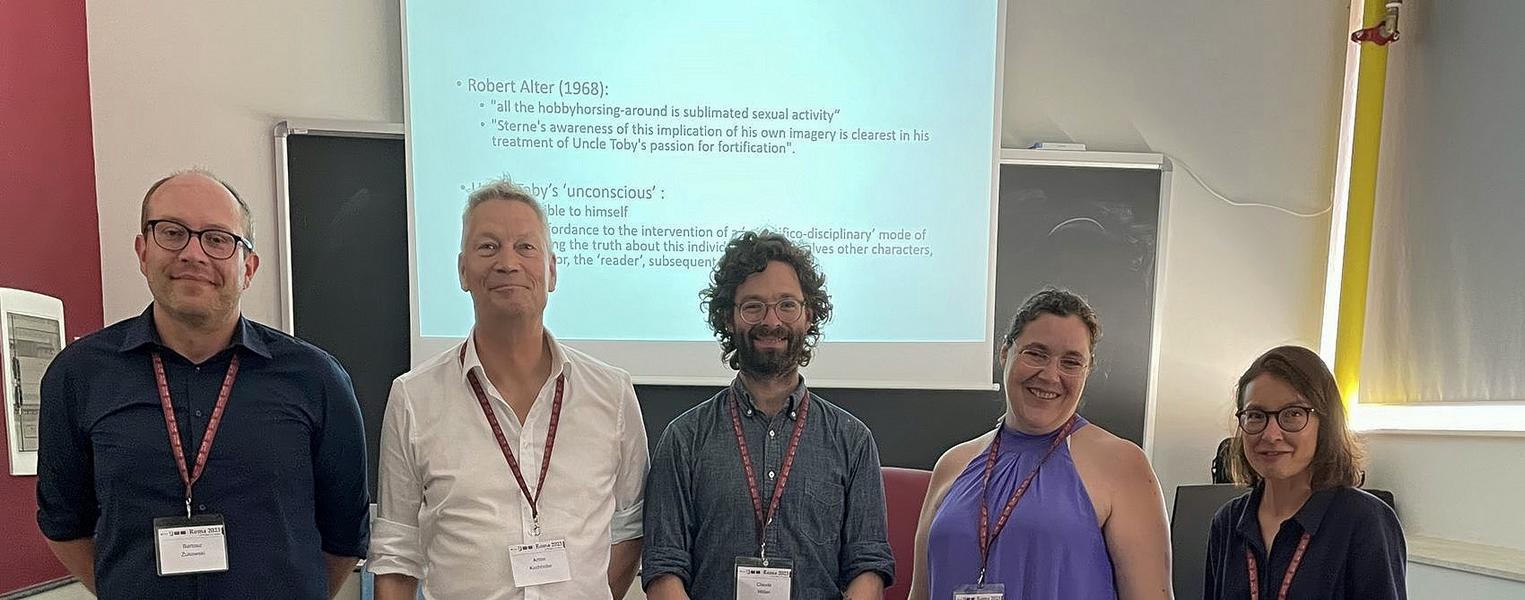
PANEL 139: “Non-Knowledge is Power”? Transformations of the Concept of Ignorance in Enlightenment Literature and Culture (FRIDAY, 7 JULY)
Convenors: Anna AUGUSCIK, Simone BRODERS
Papers included in the panel
- Anna AUGUSCIK and Simone BRODERS, Introduction: “Non-Knowledge (Il-)
Literacy” – Negotiating the Limits of Knowledge in the Age of Enlightenment - Claude WILLAN, The Poor Indian Prince: Orientalising Ignorance from Locke to
Hume - Bartosz ŻUKOWSKI, ’Destructive Contagion of Pyrrhonism’. Three Strategies
against Pyrrhonism in the Early Enlightenment British Philosophy - Anton KIRCHHOFER, Narrative Strategies and the Rise of Non-Knowledge in the
18th Century Novel
Some impressions of ISECS 2023:
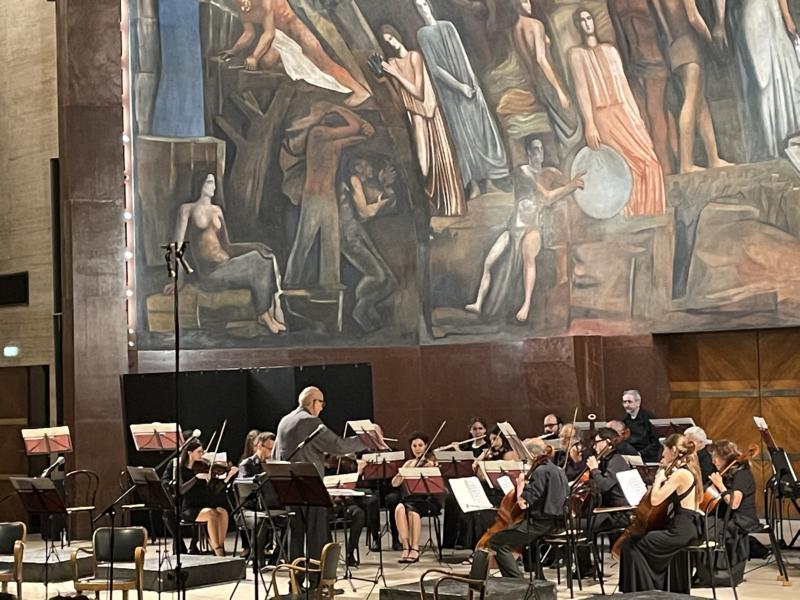
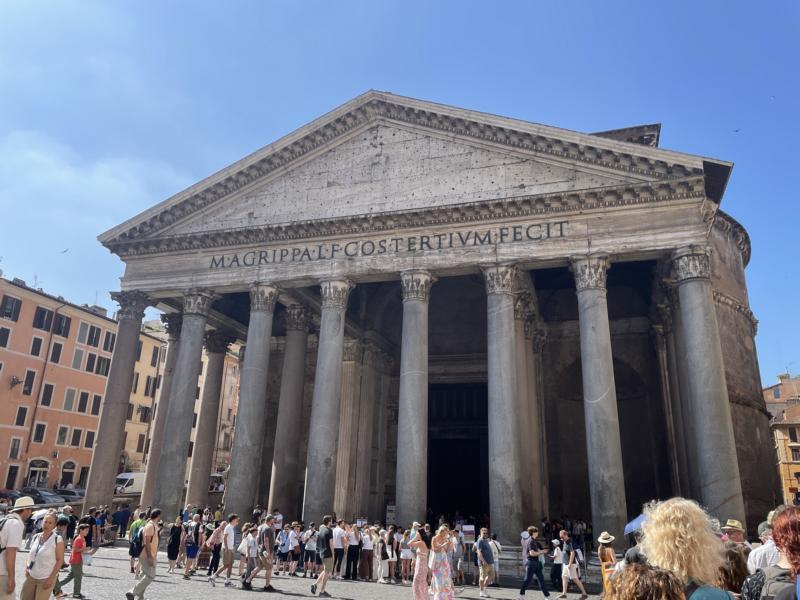

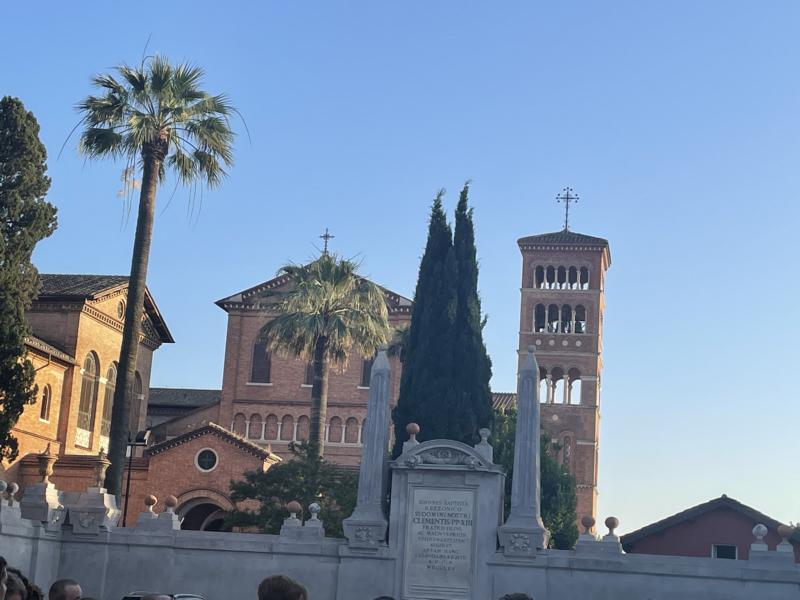
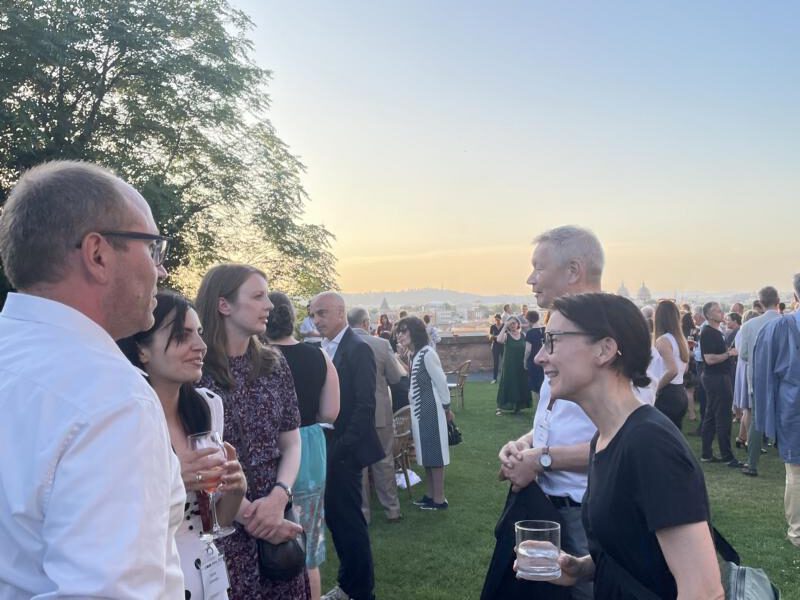

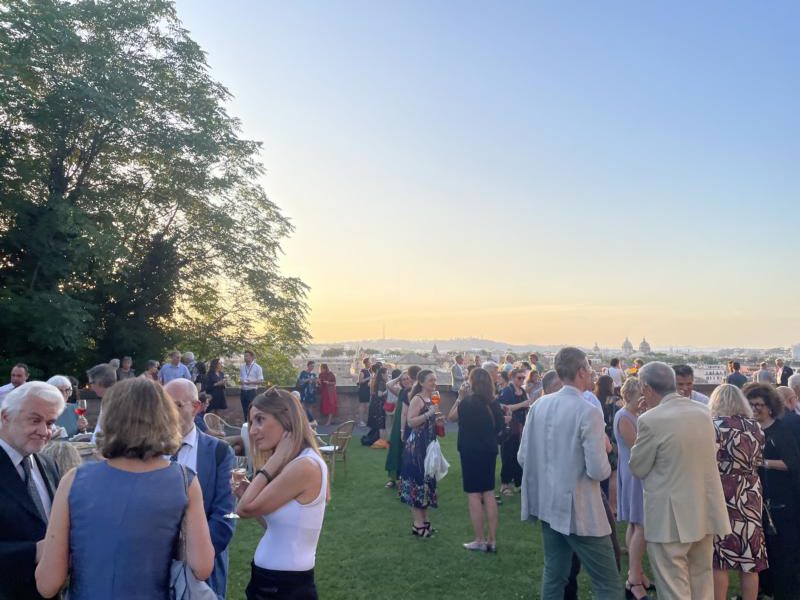
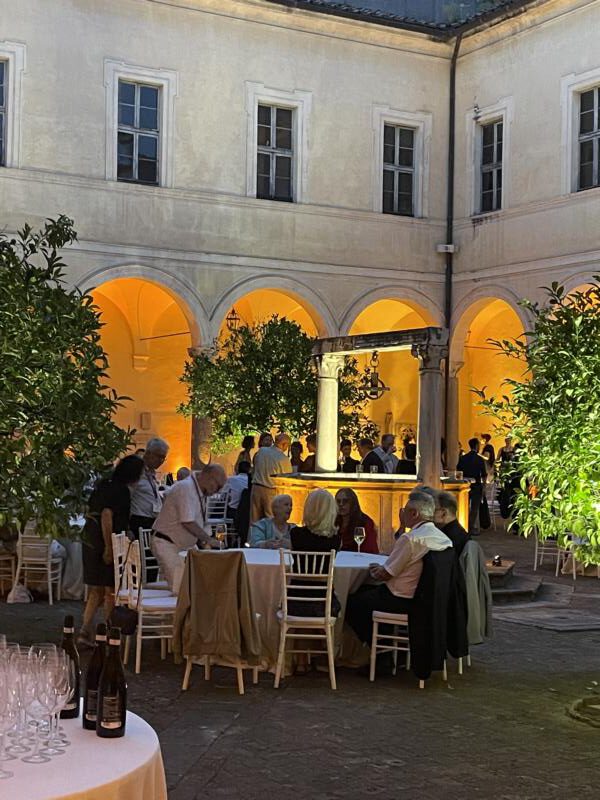
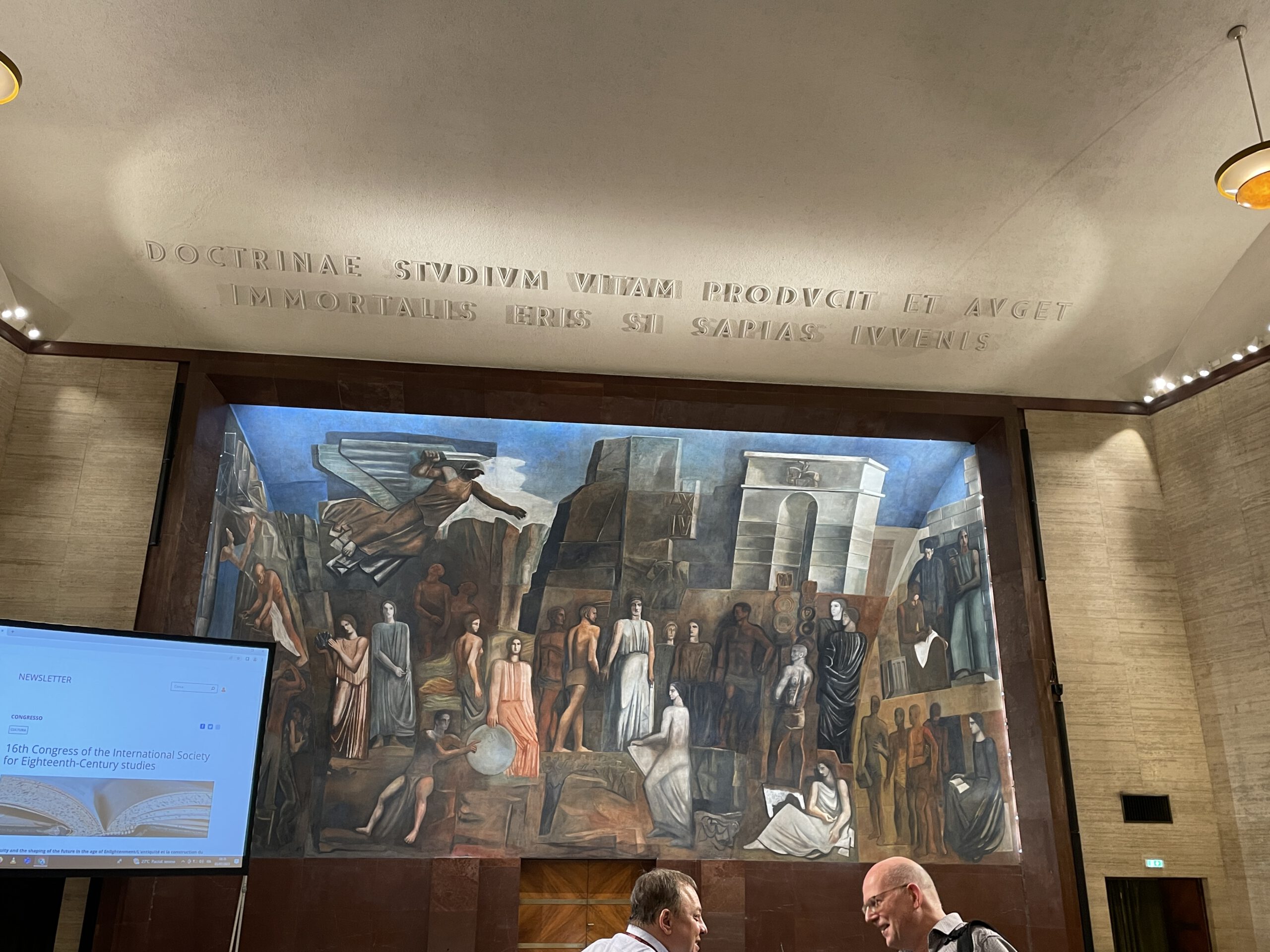
Image: Limits of Knowledge.eu
Claude Willan’s paper on the literary stereotype of the “Poor Indian Prince” providedsvaluable insights into the research aim raised in our CfP that that examine representations of ignorance through media-specific tools, for example, what types of literary characters embody different practices of dealing with non-knowledge, here in the popular form of the oriental tale, highlighting its aesthetic and philosophical potential.
Bartosz Żukowski’s paper illustrates impressively how philosophy’s coping mechanisms with the factuality of non-knowledge depend on the ontological status of the unknown object in the respective framework of the strand of philosophy applied and thus provided valuable insights into the constructive, but also destructive power of such frameworks for discursive patterns centring around non-knowledge in eighteenth-century texts.
Anton Kirchhofer argues that non-knowledge plays a constitutive role in effecting a change in the fundamental arrangements of knowledge in the ‘Long’ Eighteenth Century, a point paralleling the concept of the Lockean epistemological shift indicated in our introductory paper; with Foucault’s Les Mots et les Choses (1966), non-knowledge is perceived as culturally produced and thus reflecting power relations, leading to a productive approach Kirchhofer terms “the agnotology of the modern self”.
Beyond the boundaries of our own panel, our introductory paper also tied in with Professor Tita Chico’s panel, evidencing the virulence of the topic of the limits of knowledge in academic discourse.
See you in Zaragoza in 2027!
We would like to thank the participants of both panels for enriching discussions,. We are also grateful to the DAAD and the German Association for the Study of English for their financial support, which rendered this exchange possible.
Bibliographical References
Auguscik, Anna and Simone Broders. “Introduction: Limits of Knowledge – Knowledge of Limits: The Productiveness of Ignorance, Non-Knowledge, and Agnotology in Anglophone Studies, Literature and Culture”. Anglistik 33.2 (September 2022). Selection Editor: Daniela Wawra and Jonathan Rose. In Collaboration with: Anna Auguscik, Roman Bartosch, Simone Broders, Maria Fleischhack, Charlotte Hahn, Christian Ludwig, Ilka Mindt, Jonatan Jalle Steller.
Daston, Lorraine. “The History of Science and the History of Knowledge”. KNOW: A Journal on the Formation of Knowledge, 1.1 (2017), 131-154. doi:10.1086/691678.
Forster, Greg. “’Sit Down in Quiet Ignorance’: Locke’s Epistemology of Limits”. John Locke’s Politics of Moral Consensus. Cambridge: Cambridge University Press, 2005. 40-65.
Kourani, Janet A. and Martin Carrier. “Introducing the Issues”. Science and the Production of Ignorance. When the Quest for Knowledge is Thwarted. Cambridge, Massachusetts: MIT Press: 3-25.
Meier-Oeser, Stephan. “Unwissenheit”. Historisches Wörterbuch der Philosophie. Basel (CH): Schwabe, 2011. 341-348.
Proctor, Robert N. and Londa Schiebinger (eds.). Agnotology. The Making and Unmaking of Ignorance. Stanford: Stanford UP, 2008.
Schiebinger, Londa. “Nature’s Unruly Body: The Limits of Scientific Description”. Regimes of Description, In the Archive of the Eighteenth Century. Ed. John Bender and Michael Marinnan. Stanford: Stanford University Press, 2005. 25-43.
Verburgt, Lukas M. and Peter Burke. „Introduction: Histories of Ignorance”. Journal for the History of Knowledge 2.1 (2021): Special Issue Histories of Ignorance. https://journalhistoryknowledge.org/issue/view/498
Von Wille, Dagmar. Lessico filosofico della Frühaufklärung, Christian Thomasius, Christian Wolff, Johann Georg Walch. Lessico Intellettuale Europeo, vol. 54 (Rome: Edizioni dell’Ateneo, 1991).
Zwierlein, Cornel. Histories of Ignorance, 1400-1800. Intersections: Interdisciplinary Studies in Early Modern Culture 46. Leiden: Brill, 2016.
